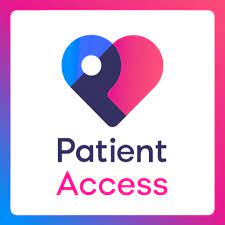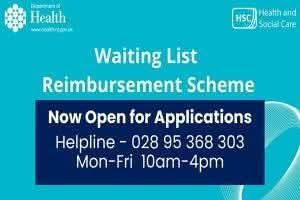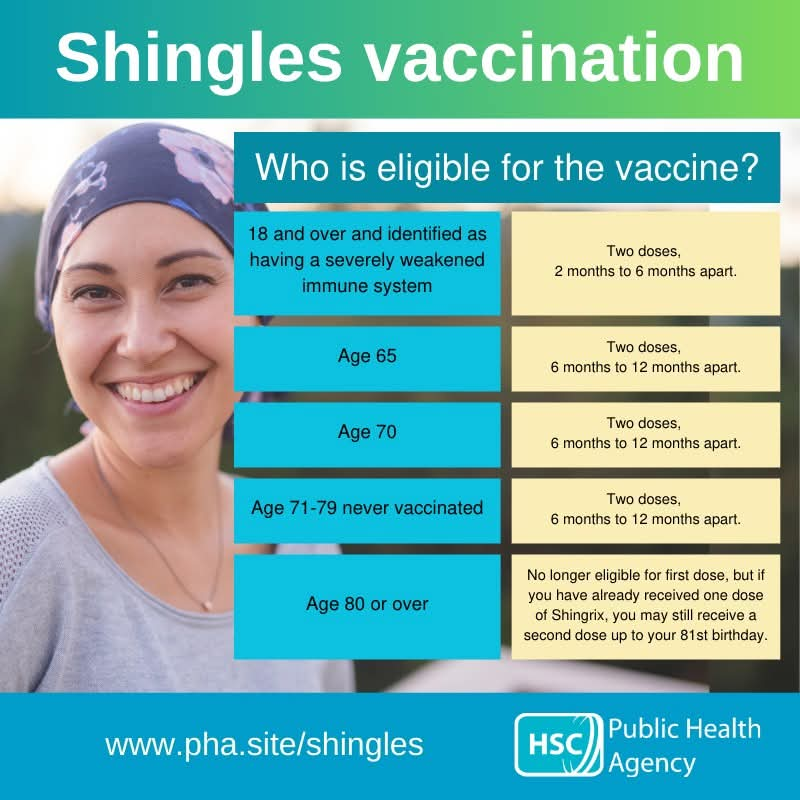Mental Health - if you need support you can book in with our in house Mental Health Practitioner. Alternatively have a look at the link below for some resources.
Be Kind To Your Mind https://www.northernfsu.co.uk/causewayemotionalhealthandwellbeingguide
Talking really helps campaign newsletter 11_25.pdf

Patient Access, is now live- This replaces Patient Services.
Patient Access is the quickest and most convenient way to order your repeat medications.
You can access it via Mobile, Tablet or Desktop.
Please head to the Online Services section of our website for more information and to find out how to register.
Within the app you can see when an item was last ordered, quantity received, when next item is due, status of your order request, ie pending approval, approved or if there is a query.
All patients who were registered with the old service will need to register for this new platform - go to the Online Services tab for instructions.

You may have heard about the reimbursement scheme on recent news.
There is an application form for reimbursement and a telephone number.
Should you wish to find out more, please use the link below for further information.
https://online.hscni.net/our-work/travelfortreatment/wl-reimbursement/

Patient Registrations
Patients may have noticed recently their registered GP has changed. This is due to a GP retirement and a new GP Partner. We want to assure you as a patient you are registered to the practice and this does not affect accessing any service the practice provides.
Shingles Vaccination
We are in the process of calling for eligible patients for the shingles vaccine.
Click the link for further information:
Shingles leaflet 2025.pdf
From September 2025 people aged 18+ with a severely weakened immune system will be eligible for the shingles vaccination.
Currently the vaccine is available to those who are aged 65 and 70 on 1 September in addition to people aged 50 and over with severely weakened immune system. But from 1 September 2025, anyone who is aged 18 and over with severely weakened immune system (sometimes known as severely immunosuppressed) will be able to get two doses of the Shingrix vaccine.
